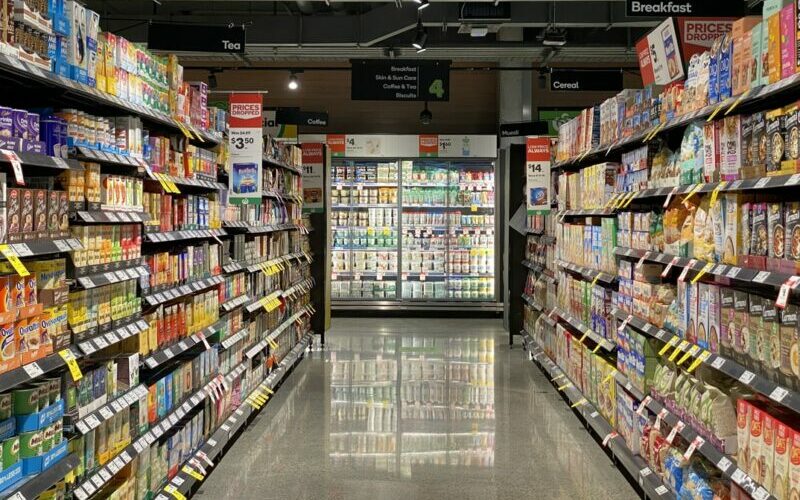The kindness of strangers is not an acceptable safety net
October 11, 2021
The pandemic brought out the best in some of us. But it’s also exposed the fault lines and inequality in our community more sharply than ever, and we shouldn’t let the government off the hook.
As I took two potatoes from the box and put them in a brown paper bag, I shifted from a sense of warm-fuzziness that people were generously volunteering their time to pack fresh food parcels for those in need, to a feeling of anger that our social safety net has failed so disastrously.
Every week volunteers gather at Counterpoint Community Centre in the heart of the public housing estate in the inner Sydney suburb of Waterloo to bundle fresh food bags for local services and organisations who then distribute them to people who can’t afford to buy food. People who are “doing it tough” the polite way of skirting around the confronting reality that people are living in poverty.
This emergency food relief, organised by a group known as Viral Kindness Sydney, isn’t just happening here at the site of the latest COVID-19 outbreak in Redfern and Waterloo. A few kilometres away in the inner west suburb of Marrickville it’s also happening on a much larger scale at Addison Road Community Centre.
Meanwhile other local community centres like The Settlement, Newtown Neighbourhood Centre and the Asylum Seekers Centre, as well as groups like Deadly Connections and First Nations Inner West COVID Response are all stretched with the demand for their collection, supply and delivery of food and essentials. Restaurants and cafes are also contributing.
Surrounded by multi-million dollar real estate, and in the heart of our (usually) global city, people are going hungry they don’t have enough money to buy food or essentials to exist.
You don’t need to be an economist to work out that combining ever increasing house prices with stagnant wage growth and income support that hovers well below the poverty line is going to cause problems even without the added impact of a global pandemic.
Without a universal basic income, in the absence of JobKeeper or the JobSeeker supplement, people are expected to live below the poverty line and the result is a massive increase in the demand for food and essentials throughout NSW.
Over the past 18 months I have witnessed volunteer-powered food relief hubs and initiatives spring up in response to need around the district. The same is happening across the state and in other states. Food insecurity is not some abstract concept it’s real and it is not going away.
We are in a crisis, and yet where is the plan to address it? Who is the minister responsible? Where’s the 1800 HUNGRY line you can call when you can’t afford to buy food?
In some cases these volunteer organisations and groups receive small government grants while in others the private sector makes donations, with others existing solely on the contribution of volunteers.
While the generosity and charity of these organisations is absolutely appreciated and necessary, and in many cases this kindness of individuals is inspirational, the precariousness of this approach the kindness of strangers as the safety net stopping people from falling through the cracks is disgraceful.
How is it that we somehow just tacitly accept the outsourcing of responsibility for ensuring people have enough to eat, to volunteer-powered community organisations and groups?
We simply can’t ignore the failures of government to address issues of poverty. No one should be too poor to live and being able to live means being able to participate equally and with dignity in society.
Not being able to get the results of your Covid test because you can’t afford phone credit and so can’t register for your results by SMS, is a reality that’s happening in our city right now. I witnessed this in Redfern recently. Not having any sanitary pads when you get your period is a reality that’s happening in our city right now.
Local services are putting the call out for donations. Not having food to feed yourself or your family is a reality that’s happening in our city right now. Many hundreds of food hampers are being packed and delivered every day to try to prevent this from happening.
In Aboriginal communities in the inner city and in western NSW, families in isolation and without incomes can’t get food. They are reliant on the support of volunteers. In some cases people trying to deliver food to elders have been slugged with fines from police.
The pandemic has exposed the fault lines and inequality in our community more sharply than ever.
Not since the Great Depression have we seen this level of social upheaval leaving so many in need of ongoing essential support and a government so willing to deny its responsibility to act.
Community is key and the kindness of strangers heart-warming, but we can’t let the government off the hook it can and must do much, much better because simply put, people are hungry.

